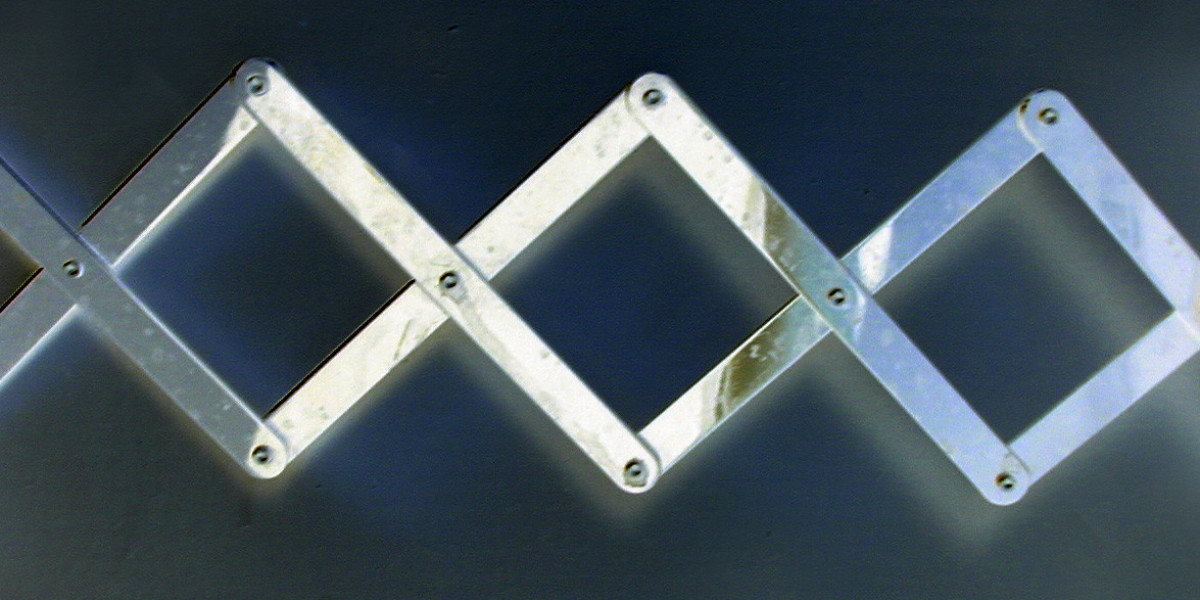Calming Mast Cells
Mast cells are key players in allergic reactions and many chronic inflammatory conditions. When they release histamine and other mediators, symptoms such as swelling, firsturl.de itching, and pain can appear. The KPV peptide interferes with the signaling pathways that trigger mast cell degranulation. By binding to specific receptors on the mast cell surface, it dampens the cascade of events that would normally lead to mediator release. As a result, patients with conditions like asthma, eczema or irritable bowel syndrome often report fewer flare-ups and milder symptoms when KPV is used as part of their therapeutic regimen.
Soothe the GI Tract
The gastrointestinal tract is highly sensitive to inflammatory stimuli, and chronic irritation can lead to disorders such as gastritis, ulcerative colitis, or Crohn’s disease. In animal models, oral administration of KPV has been shown to reduce mucosal inflammation and promote healing of the intestinal lining. The peptide appears to strengthen tight junctions between epithelial cells, thereby preventing the leakage of harmful substances into deeper tissues. Additionally, it can modulate local immune responses by limiting the recruitment of neutrophils and other inflammatory cells that would otherwise damage the gut wall.
Reduce Inflammation Overall
Beyond its effects on mast cells and the gut, KPV acts as a broad anti-inflammatory agent. It has been observed to lower levels of pro-inflammatory cytokines such as tumor necrosis factor alpha and interleukin 6 in both cell cultures and living organisms. By doing so, it can alleviate symptoms associated with autoimmune diseases, metabolic disorders, and even some types of cancer where chronic inflammation plays a role.
How It Works
The precise mechanism by which KPV exerts its effects involves several interconnected pathways:
- Receptor Modulation – KPV binds to a receptor known as the calcium-activated chloride channel in mast cells, altering intracellular calcium fluxes that are necessary for degranulation.
- Signal Transduction Inhibition – It interferes with downstream kinases such as protein kinase C and MAPK, which normally amplify inflammatory signals.
- Gene Expression Changes – Exposure to KPV can down-regulate the transcription of genes coding for pro-inflammatory mediators while up-regulating anti-oxidant enzymes.
- Barrier Function Enhancement – In epithelial tissues, it increases expression of tight junction proteins like occludin and claudin, reinforcing the physical barrier against irritants.
Because of its multi-faceted action on immune cells, cytokine production, and tissue integrity, KPV has potential applications in a wide range of conditions:
- Allergic Disorders – By preventing mast cell release of histamine it can reduce allergic rhinitis, conjunctivitis, and anaphylaxis symptoms.
- Dermatological Conditions – It may lessen inflammation in eczema, psoriasis, or contact dermatitis.
- Gastrointestinal Diseases – In ulcerative colitis, Crohn’s disease, and gastritis, KPV could promote mucosal healing and reduce pain.
- Respiratory Illnesses – Asthma patients might experience fewer bronchoconstriction episodes due to lowered mast cell activity.
- Autoimmune Disorders – Conditions such as rheumatoid arthritis or systemic lupus erythematosus may benefit from decreased cytokine levels.
- Metabolic Syndrome – Chronic low-grade inflammation that contributes to insulin resistance could be mitigated, improving glucose control.
Early human trials have indicated that KPV is well tolerated with minimal side effects. The peptide’s small size allows it to be administered orally or via inhalation, depending on the target organ system. Researchers are currently exploring formulations that enhance its stability in the digestive tract, such as encapsulation techniques that protect the molecule from degradation.
Future Directions
Ongoing studies aim to clarify optimal dosing schedules and long-term safety profiles for various diseases. Scientists are also investigating combinations of KPV with other therapeutic agents to see if synergistic effects can be achieved. For example, pairing KPV with biologic drugs that target specific cytokines may provide a dual approach to controlling inflammation.
In summary, the KPV peptide is a promising small molecule capable of calming mast cells, protecting the gastrointestinal tract, and reducing overall inflammation through receptor modulation, inhibition of key signaling pathways, alteration of gene expression, and strengthening of epithelial barriers. Its versatility across multiple disease states makes it an exciting candidate for future anti-inflammatory therapies.








